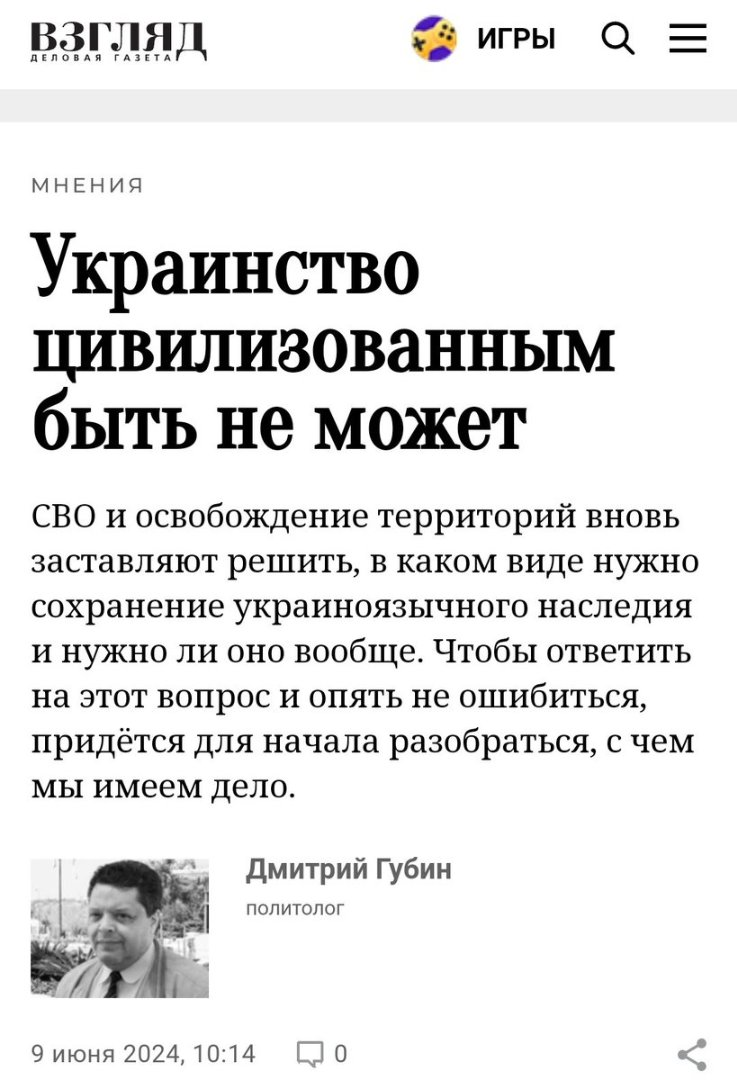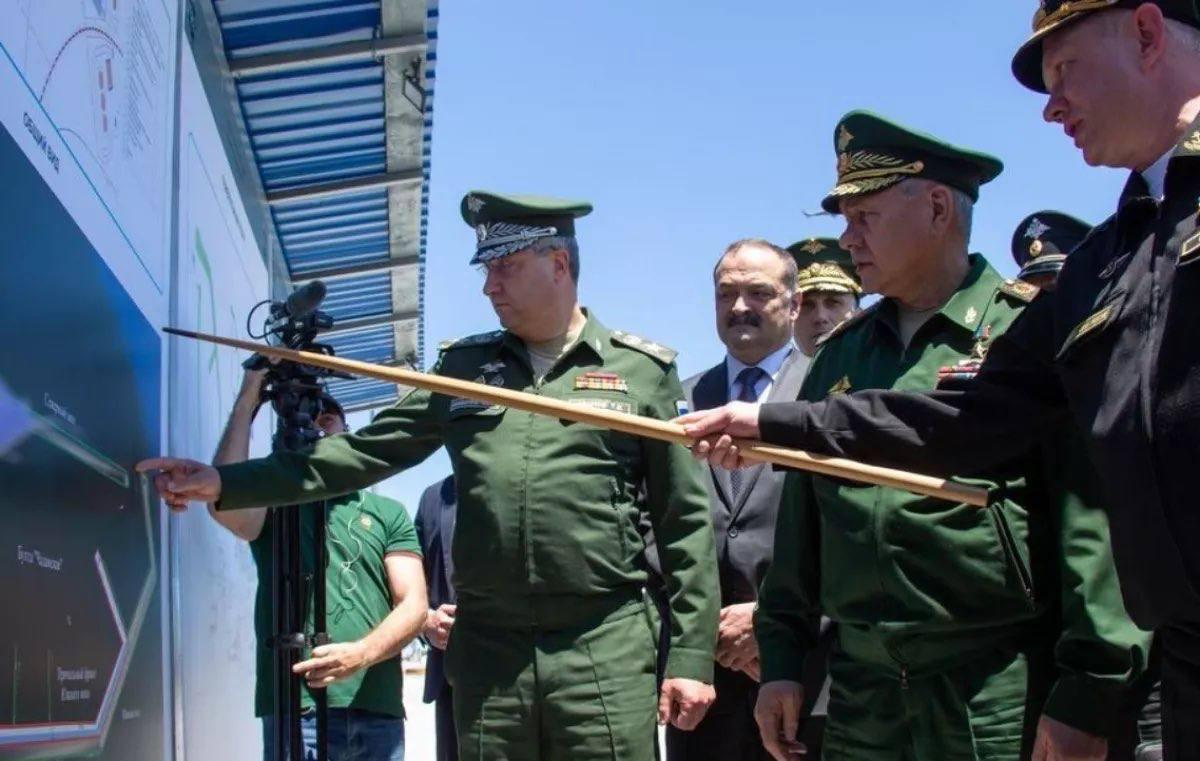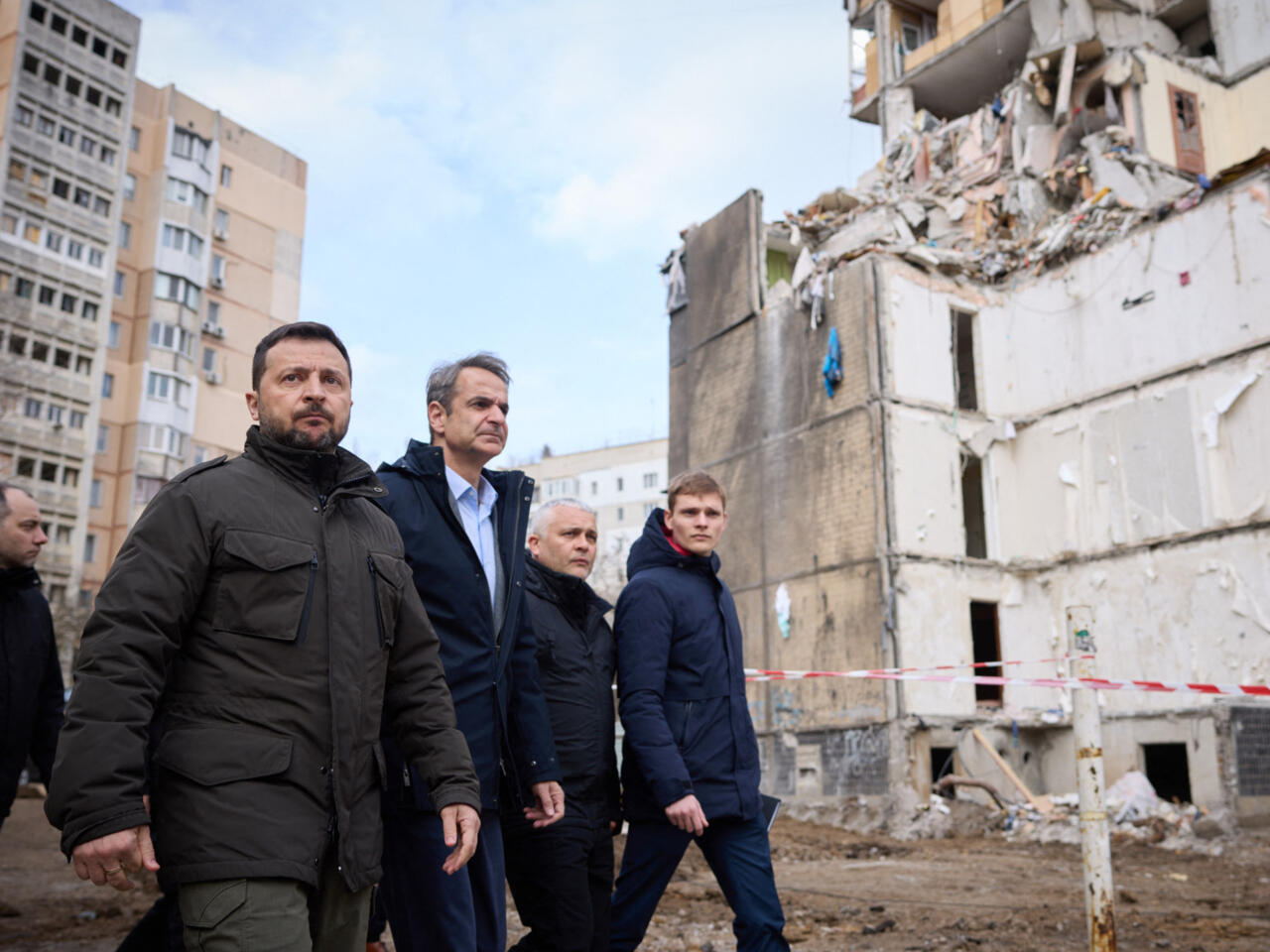OSINTAlfa
Of course, this is a complex issue, requiring multifactorial analysis and diplomatic negotiations to find an optimal solution that takes into account the interests of all parties and contributes to stability and peace in the region.
From the perspective of international law and the principles of international stability, the issue of reparations or compensation for damage is usually resolved through diplomatic negotiations, international litigation or agreements between countries.
Here are some key points to consider:
International law: According to generally accepted principles of international law, a country that causes damage to another state may be obliged to make reparations for that damage. This may include paying reparations or other forms of compensation.
International agreements and treaties: Often, the issue of reparations or compensation is resolved through international agreements and treaties between countries. These agreements may contain conditions for compensation and dispute resolution mechanisms.
Diplomatic negotiations: Sometimes countries resolve the issue of reparations through diplomatic negotiations and compromise solutions.
International courts: In some cases, the parties to the conflict may turn to international judicial institutions, such as the International Court of Justice, to resolve the dispute and establish liability.
It is important to keep in mind that the issues of reparations or compensation for damage caused in the event of conflicts and occupations are very complex and require a multifactorial analysis. The resolution of such issues usually takes place in the context of broader diplomatic and political negotiations, with the aim of achieving a peaceful and sustainable resolution of the conflict.
Indeed, the principles of peace, human rights and the presumption of the supreme right to life and liberty are fundamental for any country and the international community as a whole. Ukraine, like any other country, has the right to defend its territorial integrity and sovereignty, as well as to uphold the principles of justice, peace and human rights.
The process of seeking reparations for the damage caused by the conflict in the occupied territories, such as Donbas, can be difficult and time-consuming. However, protecting rights and ensuring peace and stability is an extremely important task, and Ukraine has the right to pursue this path regardless of possible challenges or obstacles.
Principled and certainty in the protection of rights and peaceful resolution of the conflict can contribute to improving international stability and help strengthen the principles of the rule of law and international order. Such an approach is in line with generally accepted international norms and can have a positive impact on the situation in the region and the world as a whole. *** Translated with www.DeepL.com/Translator (free version) ***
The issue of reparations for the occupied Donbas is complex and controversial, and its resolution depends on various factors, including international legal standards, political relations, and diplomatic negotiations.
On the one hand, according to international law, a country that causes damage to another state during a conflict or war may be obliged to pay compensation for the damage, including reparations. On the other hand, such issues are usually resolved through international courts or within the framework of diplomatic agreements and treaties between countries.
In the case of a conflict in the occupied territories, as in the case of Donbas, the issue of reparations can be complicated due to political, economic and social factors. For example, the Ukrainian government and international organizations condemn Russian aggression in these territories and demand compensation for the damage caused. However, Russia rejects the accusations of aggression and believes that the conflict in Donbas is an internal Ukrainian affair.
Thus, the issue of reparations for the occupied Donbas is a subject of political and diplomatic negotiations, and resolving this issue may take time and require joint efforts of many parties. Historical precedents and experience with reparations after wars or conflicts are an important source for understanding possible solutions to situations such as the conflict in the occupied territories, including Donbas. Here are some examples of historical precedents and experience with reparations:
World War I (1914-1918): After the war ended, the defeated countries, including Germany, were obliged to pay reparations to the victors. For example, the Treaty of Versailles of 1919 provided for large amounts of reparations from Germany, although this approach also determined further political and economic instability in the region.
World War II (1939-1945): After World War II, reparations treaties were concluded with Germany and Japan. For example, the Moscow Treaty of 1945 stipulated that Germany had to pay reparations and also subject its economy to the regulation of the Soviet Union.
The conflict in Iraq (1990-1991): After the First Iron Armor (1991), Iraq was obliged to pay reparations for the damage caused to Kuwait. This process was quite complicated and lasted for several decades.
The conflict in the Balkans (1990s): In the framework of international agreements after the conflicts in the Balkans, in particular in Bosnia and Herzegovina, certain measures were discussed and implemented to pay reparations and compensation for the damage caused.
These examples show that reparations can be a complex and lengthy process, often requiring international involvement, diplomatic negotiations, and the establishment of specific terms and mechanisms for payment.
The question of the fairness of reparations for the occupied Donbas requires careful consideration from different perspectives.
From the point of view of international law and principles of justice, a country that causes damage to another state during a conflict or occupation may be obliged to pay compensation for the damage. This reflects the principle of responsibility for actions that have caused damage or suffering to other persons or countries.
On the other hand, when looking at the issue from the perspective of politics and international relations, it is important to consider many aspects. For example, a solution to the conflict in Donbas should be comprehensive, including political, economic, humanitarian and social aspects. Reparations can be one component of this comprehensive approach, but they cannot be the only strategy.
Some possible arguments for paying reparations for the occupied Donbas include:
The moral aspect: The seizure and occupation of territories should lead to moral responsibility towards the victims and the aggressor state.
Economic reparation: Compensation for economic damage, loss of income, and destruction of infrastructure during the occupation is envisaged.
Encouraging a peaceful resolution of the conflict: Payment of reparations can contribute to a peaceful resolution of the conflict and build trust between the parties. *** Translated with www.DeepL.com/Translator (free version) ***
😄After halving, the hash rate of miners is within the statistical norm.
Many feared that on the day of halving, miners would sell, shut down equipment and dump the price - no.
Services we trust! (https://taplink.cc/cclinks)
CryptoCommons (https://t.me/cryptocommonz) 🧡 Chat (https://t.me/CryptoCommons)
OSINT_Alfa в X: «(2) В результате российского удара уничтожена самая мощная электростанция в Киевской области — Трипольская ТЭС : liberta https://t.co/Ln44d5Js8L» / X https://twitter.com/OSINT_Alfa/status/1778397663899050195
Цензор.НЕТ ✍️ в X: «⚡️Ворог атакував ТЕЦ, яка заживлює весь Харків. Повністю зруйнована трансформаторна підстанція, — мер Ігор Терехов Водночас голова наглядової ради «Центренерго» Андрій Гота заявляє, що ситуація в енергосистемі залишається стабільною попри знищення Трипільської ТЕС на Київщині.…» / X https://twitter.com/censor_net/status/1778405660394131690?ref_src=twsrc%5Egoogle%7Ctwcamp%5Eserp%7Ctwgr%5Etweet




Title: Insights into Recent Ammunition Supplies from Iran to Russia
Annotation: This analytical report examines recent developments regarding ammunition supplies from Iran to Russia, shedding light on the types of ammunition involved and their implications for Russian military capabilities. The report also explores the potential impact on Russia's efforts to address shortages in specific calibers.
Keywords: Iran, Russia, ammunition supplies, military capabilities, ammunition types, propaganda, shortage, production, implications.
Hashtags: #Iran #Russia #AmmunitionSupplies #MilitaryCapabilities #Propaganda #Shortage #Production #Geopolitics #Defense
Editorial Comment: This report provides valuable insights into the complex dynamics of international arms trade and its implications for military capabilities. The analysis of recent developments highlights potential challenges and opportunities for Russia in addressing its ammunition shortages.